The DIDI GLOBAL recommendation should be used in conjunction with the buy/sell recommendations derived from the most recent consensus of analysts on DIDI GLOBAL INC. Macroaxis neither owns nor holds any residual interests in Didi Global Inc. or any other securities for which buy-or-sell recommendations are made.
When compared to Uber and Lyft, which are trading at two and three times this year’s sales, respectively, DiDi stock may seem appealing.
What is DiDi Global Inc?
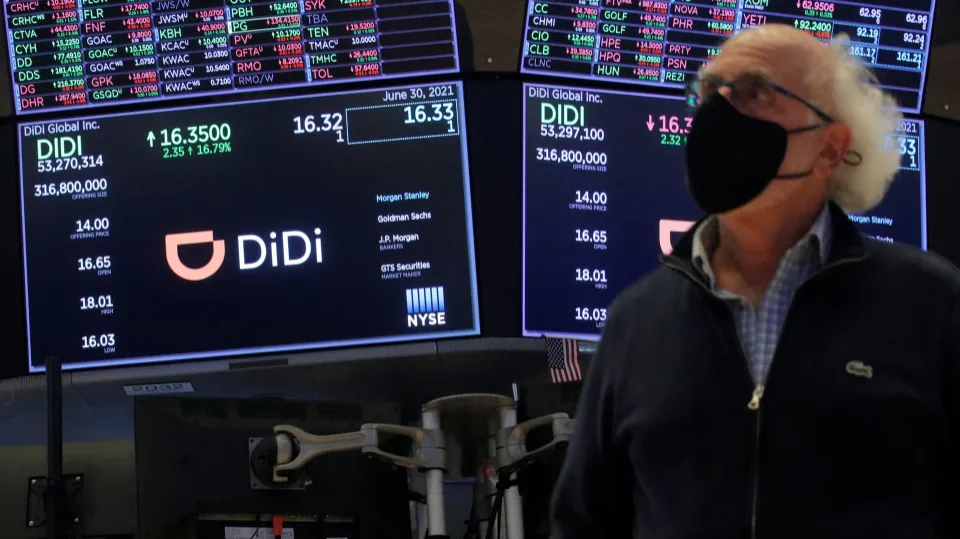
In pre-market trading on Monday, DiDi Global Inc – ADR (DIDI) saw a decline in price, dropping -2.87% to 1.69. With a short-term technical score of 1, DIDI has performed less bullishly than 99% of other stocks over the past month. DIDI ranks higher than 1% of stocks in the Software – Application industry, which is ranked 120th out of 146 industries. DiDi Global Inc – ADR decreased 30.95% in the previous month, ending trading on April 11 at $2.55. The stock experienced highs of $2.65 and lows of $1.71 during this time period. The typical analyst rating for DIDI is “Buy.” A $15.60 price target is typically set for the company.
Is DIDI Stock a Buy?
- Sanford C. Bernstein starts us off after initiating coverage of the stock last month with an “outperform” rating. That had a $6.20 price objective, which would mean a potential 55.4% increase in share price.
- Atlantic Securities is next with a “neutral” rating for the stock, which is a downgrade from its prior “overweight” rating. A $25 price objective is listed alongside that for the shares. The analyst estimates a potential share price increase of 201.2% as a result.
It’s important to note that only two analysts are currently following the stock of DIDI. This means that we lack a wealth of information or expert opinions to build a compelling argument for or against the company’s shares. Prior to making any investment decisions, keep in mind the low price of the DIDI stock.
As of Monday afternoon, DIDI stock is down 3.7% and has fallen 24.9% since the year’s beginning.
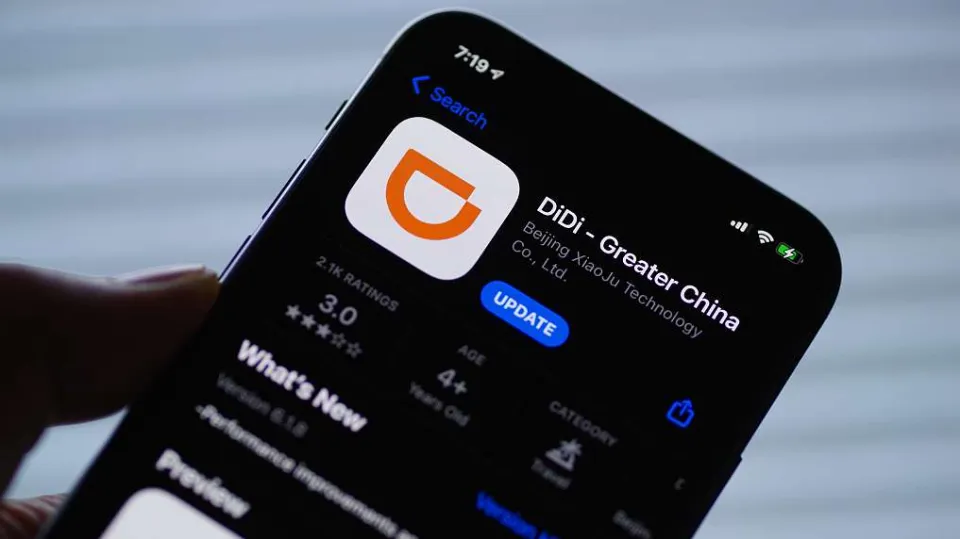
What Kind of Stock is Didi?
A look at the statistics demonstrates why many people believe Uber to be the most popular ridesharing platform in the world. Uber was used by 118 million people in 2021, a 26 percent increase from 2020, to get where they needed to go. In more than 10,000 cities across 72 countries, Uber is accessible, but not in China.
This is due to Didi, a Chinese ridesharing company, acquiring the Chinese market for Uber in 2016. In return, Uber acquired a 12.8% stake in its former rival. In the years that followed, Didi continued to expand quickly; it now has 493 million active users annually. In 4,000 cities across 17 nations, Didi offers its services.
Uber comes out on top in terms of locations served and market capitalization. Didi is valued at around $15 billion, whereas Uber is currently close to $44 billion. However, Didi outpaces Uber in terms of annual active users, and recent events are likely to result in dramatic growth in a very short amount of time. It might not take long before Didi becomes known as the top ridesharing platform in the world.
Does this all imply that it is a good idea to purchase Didi stock?
No, the company left the New York Stock Exchange a year after its IPO after losing 90% of its value, and it still faces difficulties before getting back on track. Some investors may feel that the high potential rewards outweigh the higher risk, but not everyone is a good candidate for that kind of trade.
Why is Didi Delisted?
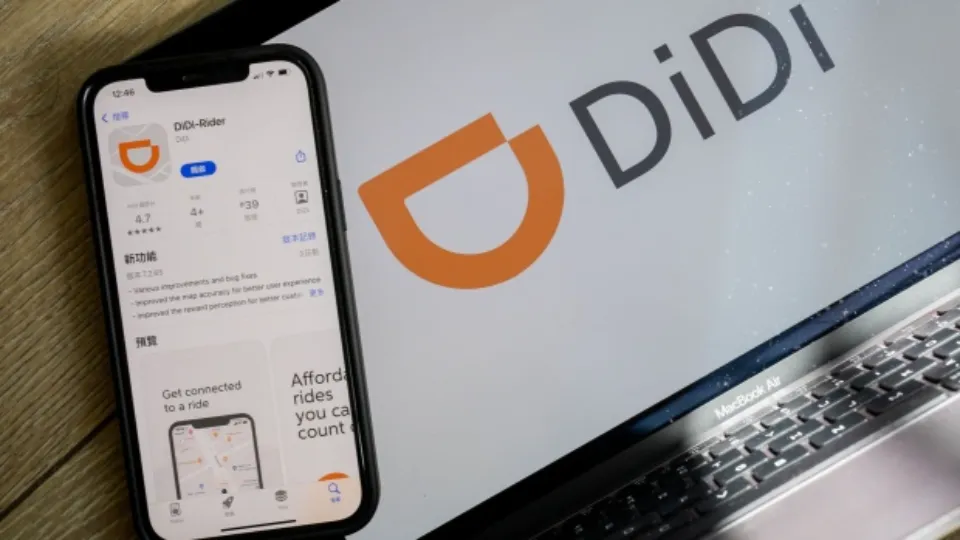
Didi conducted its initial public offering in June 2021, despite the advice of Chinese market experts and some regulatory bodies to postpone or abandon the plan entirely.
Many US analysts believed that rushing onto the New York Stock Exchange was a bad idea because there were indications that the Chinese government intended to interfere with Didi’s operations if the IPO went through.
However, Didi decided to move forward with the IPO, to the delight of the investors. The company, which had been valued at $62 billion in August of the previous year, rose sharply to $80 billion before falling to end its first trading day at slightly less than $68 billion. With more than $4 billion raised, DIdi made it onto the top 20 list of the biggest IPOs in US history.
Days after the IPO, it was announced that the Cyberspace Administration of China (CAC) would be looking into Didi’s network security. Concerns raised by the CAC centered on the potential for the disclosure of private consumer data to other nations, including the US. The Chinese government may have been dissatisfied that Didi successfully completed an IPO despite its wishes, according to many market analysts.
The ride-sharing app from Didi was removed from app stores while the investigation was being conducted, and the company’s stock started to decline right away. The company quickly lost 90% of its value, and shares eventually bottomed out at $1.37. As the investigation dragged on, Didi finally understood that it could not resume regular operations until the investigation was finished.
The business declared that its stock would be taken off the NYSE in May 2022. The company informed its stockholders that it would now trade on the Hong Kong Exchange.
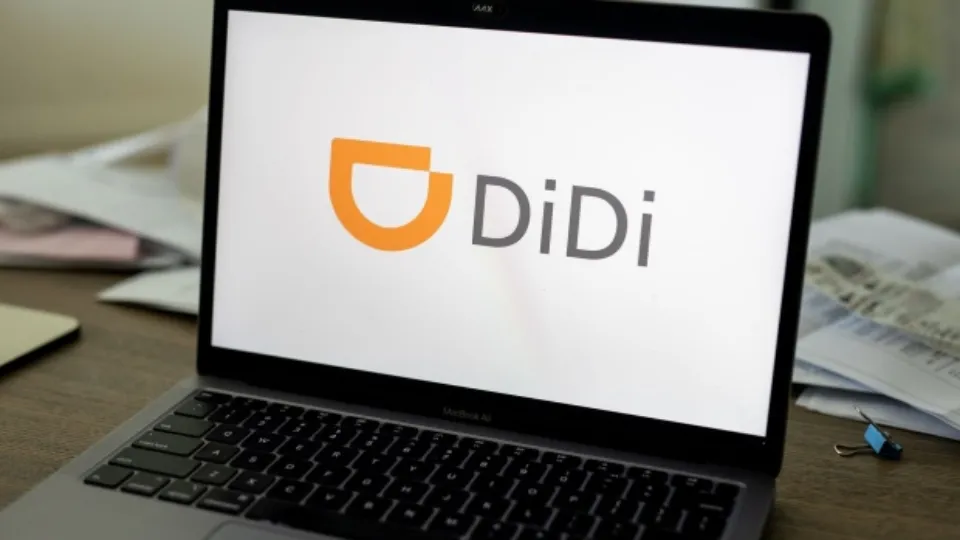
Even though the shares have already been delisted from the NYSE, it might still be a while before they start trading on the Hong Kong Exchange. This puts shareholders in a difficult situation, but all is not lost.
Didi stock abruptly increased in early June. Following the announcement of the delisting, the recovery persisted, and the price of Didi stock doubled in a single month.
Why Did Didi Stock Go Up?
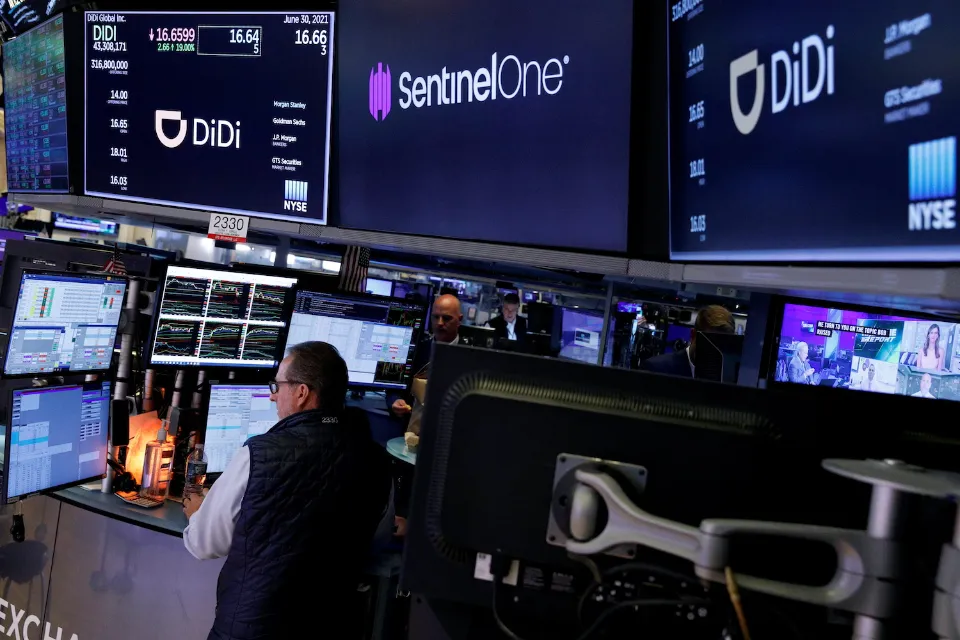
Just days after Didi submitted the necessary paperwork to delist its stock, on June 6, 2022, the Wall Street Journal revealed some unexpected information.
Unnamed sources claim that Didi’s data collection and sharing practices were the subject of a final report by the Cyberspace Administration of China (CAC). Thus, Didi’s app can once more be downloaded from app stores, and it can start acquiring new users, both of which are essential to the success of the business.
It seems that other businesses under investigation, such as Full Truck Alliance and Kanzhun, will also be allowed to re-release their apps in Chinese app stores.
Baozun, a provider of software and logistics, and GDS Holdings Limited, a provider of data centers, will also have their investigations concluded. In summary, Chinese tech companies and their shareholders should be very happy that the Chinese government’s war against big tech may be coming to an end.
What Does Didi Stock Price Increase Mean for Chinese Stocks?
The CAC’s decision to close the Didi investigation at a particular time supports the idea that this was retaliation for Didi’s choice to list its shares on a US exchange. However, it is likely that more general economic factors played a role in the Chinese government’s decision to ease up on the pressure it had been applying to the country’s tech sector over the previous year.
The pandemic hit China particularly hard in 2020, and early in 2022, cases increased again. New lockdowns and other restrictions followed, which decreased the nation’s economic output.
At least not without the assistance of big tech, it doesn’t appear that China will be able to meet the GDP targets it set for 2022. To promote the development of both the Chinese tech sector and the country’s overall economy, the government may have revised its strict regulation of Chinese tech firms.
That’s good news for all of the major Chinese stocks, including well-known companies like Alibaba, Baidu, JD.com, Pinduoduo, Tencent, and Vipshop. However, there is a warning: if Chinese regulators and US regulators are unable to resolve their disagreements over accounting practices, many of these stocks may still be delisted.
Fortunately, Chinese regulators seem reasonably optimistic that a deal will be reached before the US carries out its delisting threat. If so, investing in Chinese stocks now, while they are still cheap, could yield significant long-term returns.
FAQs
What is the Symbol for DiDi Stock and on Which Exchange is It Traded?
DiDi trades on the NASDAQ (NASDAQ Stock Exchange), where it is denoted by the ticker DIDI.
Should I Buy Or Sell DiDi Stock?
DiDi exhibits a number of encouraging signs, but we don’t believe these are sufficient to qualify it as a buy candidate. It should be regarded as a hold candidate (hold or accumulate) in this position while awaiting further development at the current level.
How to Buy DiDi Stock?
Any brokerage firm, including online brokerage services, can be used to buy DiDi Stock.
What’s the Current Price of DiDi Stock?
A DiDi (DIDI) share cost $2.29 at the close of business on September 27, 2022.
What is the 52-week High and Low for DiDi Stock?
DiDi Stock’s 52-week high is $9.85, while its 52-week low is $1.37.



